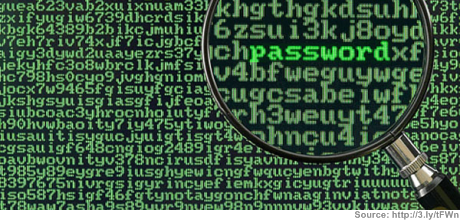UK teenager jailed for not disclosing password

A UK teenager, under suspicion by police countering online child sexual abuse and exploitation, has been jailed for 16 weeks for not disclosing his password to investigators.
Police were unable to crack the password, thought to be of a 50 characters which even after the conviction they still cannot access.
Unlike the US which has seemingly combined a number of existing acts of law into one giant, consolidated act like the Patriot Act, the UK still has many acts which focus on various elements of crime and often overlap.
The 2004 Regulation of Investigatory Powers (RIPA) Act is a broad ranging set of laws which authorise the interception of communications, surveillance either direct, covert or intrusive, and the access to data which broadly covers online activity by a broad range of UK public bodies and organisations. It's one of the most powerful acts of law we have in the UK.

Part III(53) makes it an offence to hinder a criminal investigation by not disclosing a password to an encryption method, which may or may not uncover evidence to incriminate the subject. In effect, passwords in the eyes of the UK law are useless because if law enforcement want to see something but can't, the law can be further used against you.
There are two arguments here. Forget the fact that this young man worked in a fast food restaurant; think about the wider picture.
Of course, if one does not disclose something it could be perceived that the subject has something to hide. That is a given, although as we all know, we all have a great deal to hide - even from the authorities. Even liberalised attitudes today can be personally contentious, such as sexuality, religion, salary or political attitudes. One could even argue the point, in most cases, the aforementioned are rarely a crux in a criminal trial and are often irrelevant or negated by forensics.
The other is privacy. As citizens to the respective country we live in, there are limits. Salaries are disclosed to the tax offices, political attitudes are expressed in the (albeit, secret) ballot box, and sexuality must be to a greater or lesser extent provided in certain medical areas such as giving blood.
But in terms of industry secrets and corporate affairs, one could easily argue that this is why encryption and the BlackBerry were even created: to keep secrets, well, secret.
Would you give up your password to the police, even if you knew you were innocent? Or would you stick to your guns and refuse, face a possible conviction but retain your 'rights to privacy'? Leave a TalkBack.